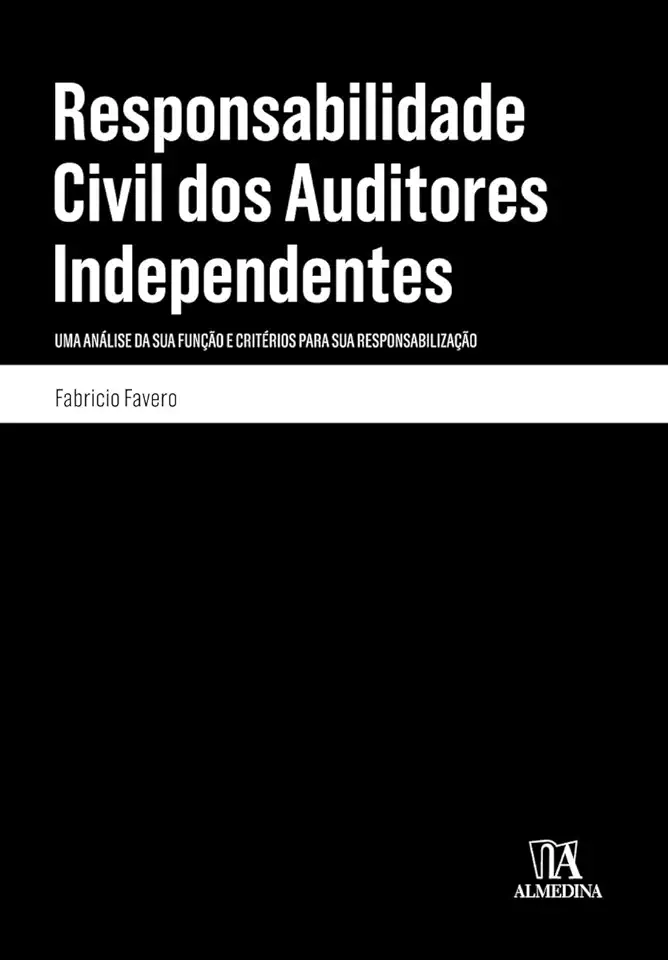
Civil Liability of Independent Auditors - Favero, Fabricio
Civil Liability of Independent Auditors: A Comprehensive Guide
Introduction
In today's complex business environment, independent auditors play a critical role in ensuring the accuracy and reliability of financial statements. However, despite their best efforts, auditors can sometimes make mistakes that result in financial losses for investors and other stakeholders. When this occurs, the auditors may be held civilly liable for their negligence.
This book provides a comprehensive overview of the civil liability of independent auditors. It discusses the legal framework for auditor liability, the elements of a negligence claim, and the defenses that auditors can assert. The book also provides practical guidance on how auditors can minimize their risk of liability.
The Legal Framework for Auditor Liability
The legal framework for auditor liability varies from country to country. However, there are some general principles that apply in most jurisdictions.
- Auditors owe a duty of care to their clients. This means that they must exercise the same level of care and skill that a reasonably competent auditor would exercise in the same circumstances.
- Auditors must comply with applicable accounting standards and regulations.
- Auditors must be independent of their clients. This means that they must not have any financial or other interests that could compromise their objectivity.
The Elements of a Negligence Claim
In order to succeed in a negligence claim against an auditor, the plaintiff must prove the following elements:
- The auditor owed a duty of care to the plaintiff.
- The auditor breached that duty of care.
- The breach of duty caused the plaintiff to suffer damages.
Defenses that Auditors Can Assert
Auditors can assert a number of defenses to negligence claims, including:
- The auditor did not breach the duty of care.
- The plaintiff's damages were not caused by the auditor's breach of duty.
- The plaintiff failed to mitigate their damages.
Minimizing the Risk of Auditor Liability
Auditors can take a number of steps to minimize their risk of liability, including:
- Performing their audits in accordance with applicable accounting standards and regulations.
- Maintaining their independence from their clients.
- Obtaining adequate professional liability insurance.
Conclusion
The civil liability of independent auditors is a complex and challenging area of law. However, by understanding the legal framework for auditor liability and taking steps to minimize their risk of liability, auditors can help to protect themselves from financial losses.
This book is an essential resource for auditors, accountants, lawyers, and other professionals who need to understand the civil liability of independent auditors. It provides a comprehensive overview of the law in this area, and it offers practical guidance on how auditors can minimize their risk of liability.
Enjoyed the summary? Discover all the details and take your reading to the next level — [click here to view the book on Amazon!]